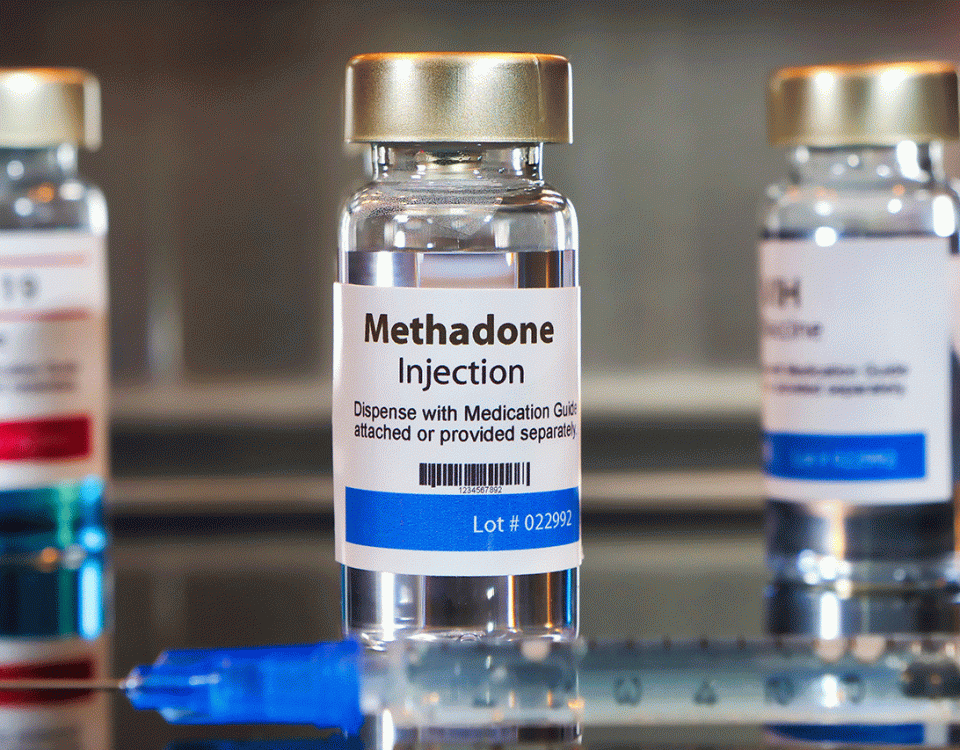Drug and alcohol addiction can rob a person of their health by causing considerable nutrient deficiencies that may exacerbate symptoms of withdrawal or present barriers to recovery. At Banyan Treatment Centers Boca Raton, we know that nutrient therapy in early recovery can help replenish what addiction has taken. Some nutrients are crucial for proper brain or body functionality, so it’s important to follow the right regimen of vitamins for alcoholics and addicts in recovery. Here’s more from our Florida rehab centers.
What Deficiency Causes Addiction?
The causes of addiction cannot be traced to a single deficit; rather, it is the result of a complex interplay of genetic, environmental, and neurological factors. The disruption of the reward system in the brain is a significant factor in the development of addictive behaviors, though. Neurotransmitters like dopamine are released through the brain's reward system, and they are essential for reinforcing enjoyable experiences. This mechanism can be overridden by substance abuse or other behavioral addictions, which result in an aberrant dopamine spike and an excessive sense of reward.
People may need more of the substance or action to feel the same level of pleasure over time as their brain adjusts to these abnormally high quantities of neurotransmitters. This neurological component increases a person's susceptibility to addiction, together with genetic predispositions and environmental factors.
Furthermore, poor emotional control and coping skills can also be major contributors to addiction. Many people self-medicate by abusing drugs or engaging in other unhealthy habits in an attempt to reduce stress, anxiety, or emotional suffering. In this case, the insufficiency is either the existence of unresolved emotional difficulties or the absence of healthy coping mechanisms. In order to prevent and treat addiction, it is essential to address these weaknesses through therapeutic interventions, support systems, and the development of healthier coping strategies. In the end, addiction is a complex phenomenon, and comprehending its underlying causes necessitates taking into account a range of genetic, neurological, psychological, and environmental variables.
Vitamins to Take After Drinking
Alcoholism can result in considerable nutrition deficiencies, specifically thiamine. Thiamine is a molecule that’s important to components of DNA and brain chemicals, and a lack of thiamine is associated with alcohol-induced brain damage.1 Replenishing thiamine can help stave off further damage, and vitamins such as B1 can help replenish this vital nutrient. B1 is one of the most crucial vitamins for alcoholics.
While B1 is one of the crucial vitamins to take in early recovery, there are others to consider. Certain foods that are heavy in proteins can replenish important components in the brain, and protein-rich vitamins can also help. Other vitamins for sobriety include:
- Vitamin C: Recognized as ascorbic acid, Vitamin C proves integral in supporting individuals throughout their addiction recovery. As an antioxidant, it combats oxidative stress often experienced during substance withdrawal while also fortifying the immune system. Integrating Vitamin C-rich foods or supplements becomes a valuable strategy to restore physical well-being and contribute to the overall recovery process.
- B12: Vitamin B12 emerges as a crucial component in maintaining neurological health, offering particular benefits in addiction recovery. The impacts of prolonged substance abuse on the nervous system can result in cognitive deficits and mood disorders. Vitamin B12 facilitates neurotransmitter and myelin production, which is vital for proper brain function. Whether through dietary sources or supplements, incorporating B12 supports improved cognitive function and emotional well-being during the recovery journey.
- Folic Acid: A B vitamin that is essential for DNA synthesis and cellular activity. Abuse of substances frequently causes the body to lose vital nutrients, such as folic acid. Higher amounts of this vitamin have been linked to improved cognitive and mental health. Folic acid supplements facilitate the healing of injured cells and tissues, which may help the patient recover physically and psychologically while undergoing treatment.
- Glutamine: Glutamate is one of the amino acids that the body needs for several processes, including the immune system and intestinal health. As one proceeds through the process of addiction rehabilitation, it becomes increasingly important. Glutamate supplements support intestinal integrity and boost immunity because the body is under stress and its immune system is weakened at this time. This improves general physical health and well-being.
- Vitamin A: Vitamin A plays a vital role in the process of recovering from addiction and is necessary for healthy skin, eyesight, and immune system function. Abuse of substances weakens the immune system and increases susceptibility to illnesses. Vitamin A helps heal damaged tissue and boosts immunological responses. Including sources high in Vitamin A in the diet or through supplements is a helpful way to boost immunity and promote healing, two essential aspects of long-term rehabilitation.
Recovering alcoholics may be facing Vitamin A deficiencies, but they should also be cautious with taking too much Vitamin A. That’s because this vitamin can be difficult on the liver, so it’s important to follow your doctor’s recommendations when taking this vitamin for alcoholism recovery.
Vitamins for recovering alcoholics can help replenish certain deficiencies caused by substance abuse, but vitamins alone cannot help a person get healthy after getting sober. Addiction is connected to other diseases or health problems, so speaking with a doctor throughout the recovery journey is vital for ensuring that you’re taking care of any other issues.
Support for Recovery From Addiction and Mental Illness
If you or someone you care about is seeking support for the complex interplay between addiction and mental illness, Banyan Boca Mental Health remains a dedicated ally. Although Banyan Boca no longer offers addiction treatment, we understand the intricate relationship between mental health and substance use disorders. Successfully navigating sobriety involves addressing various facets of health, with nutritional considerations being just one vital component within a comprehensive rehabilitation approach.
To delve deeper into the connection between nutritional deficiencies and addiction or to explore alternative avenues for mental health treatment, we encourage you to reach out to our team at Banyan Boca. Recognizing the profound impact of mental health on the recovery journey, we are committed to providing assistance tailored to individual needs.
To learn more about the therapy and rehab programs offered at our Florida mental health center, call our team at 888-280-4763 today.
Sources:




















